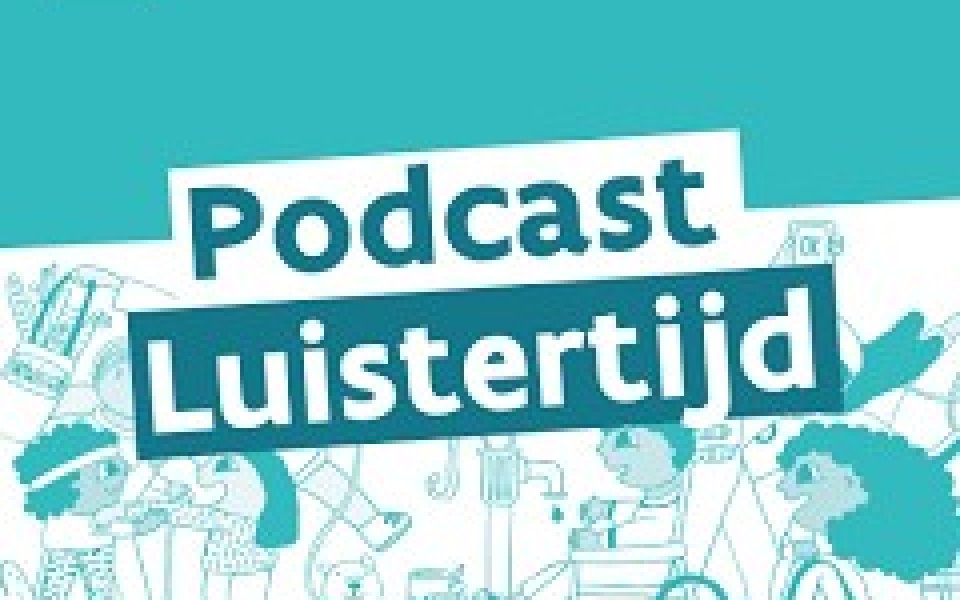Evaluation and practice in child and family services.
Wat is het?
The Eurochild network is promoting an evaluation culture but a pluralist approach to evaluation. While there is broad political consensus on the importance of investing in children and their families in the EU, and an increased emphasis on social policy experimentation, Eurochild has identified limitations of the EU’s narrow interpretation of assessment of effective investments and public spending choices in the area of family and parenting support. In its latest policy position, developed based on a paper by UNESCO Child and Family Research Centre and in conjunction with its members, Eurochild calls on the new leadership at the European Commission and European Parliament for a pluralist approach to evidence of effectiveness - from what works to how it works and why, for whom, and in what contexts. A new perspective is possible; the matrix approach to evidence evaluation explained in this policy position would not only offer better assessment of effectiveness but also give greater weight to the different contexts in which children and families exist, and the practical wisdom of the service providers.
Waarom is het belangrijk
There is a significant controversy over what counts as evidence in the evaluation of social interventions. Eurochild calls for the need to broaden understanding of what is meant by ‘evidence-based’ practice and explore some of the risks and consequences that arise from narrowly defining what counts. Evidence of effectiveness in early intervention and prevention in family support can come from a range of sources. Eurochild has specific concerns regarding the over reliance on a hierarchical approach to understanding evidence in evaluation. For instance, the EU’s online Platform for Investing in Children (EPIC), which is a ‘knowledge bank’ for the collection and evaluation of good practices is potentially misleading as only those examples that have been subject to randomised control trials (RCTs) are considered ‘best practice’.
Hoe gebruiken
Eurochild cautions against a blind faith in RCTs, which are not the gold standard in evaluation and for them to be an adequate and appropriate tool there needs to be certain circumstances, needs, context and questions present. The best method is not better than any other per se but is better for the specific purpose. Hence, Eurochild advocates for greater pluralism in evaluation evidence. A potential route out of evidence hierarchies is to think more broadly about evidence in relation to specific circumstances; the wider contexts of specific interventions; and to the specific and more nuanced types of questions to which policy makers require answers. An evaluation evidence matrix (or typology) has greater value in evaluating evidence, making programmes more robust, fit for purpose and of value to practitioners. Eurochild invites policy makers to reflect on its evaluation systems and urges for integrating the matrix approach that would ensure future evaluations are more robust, fit for purpose and of value to practitioners.
Het document is ook te verkrijgen via de website van Eurochild .



